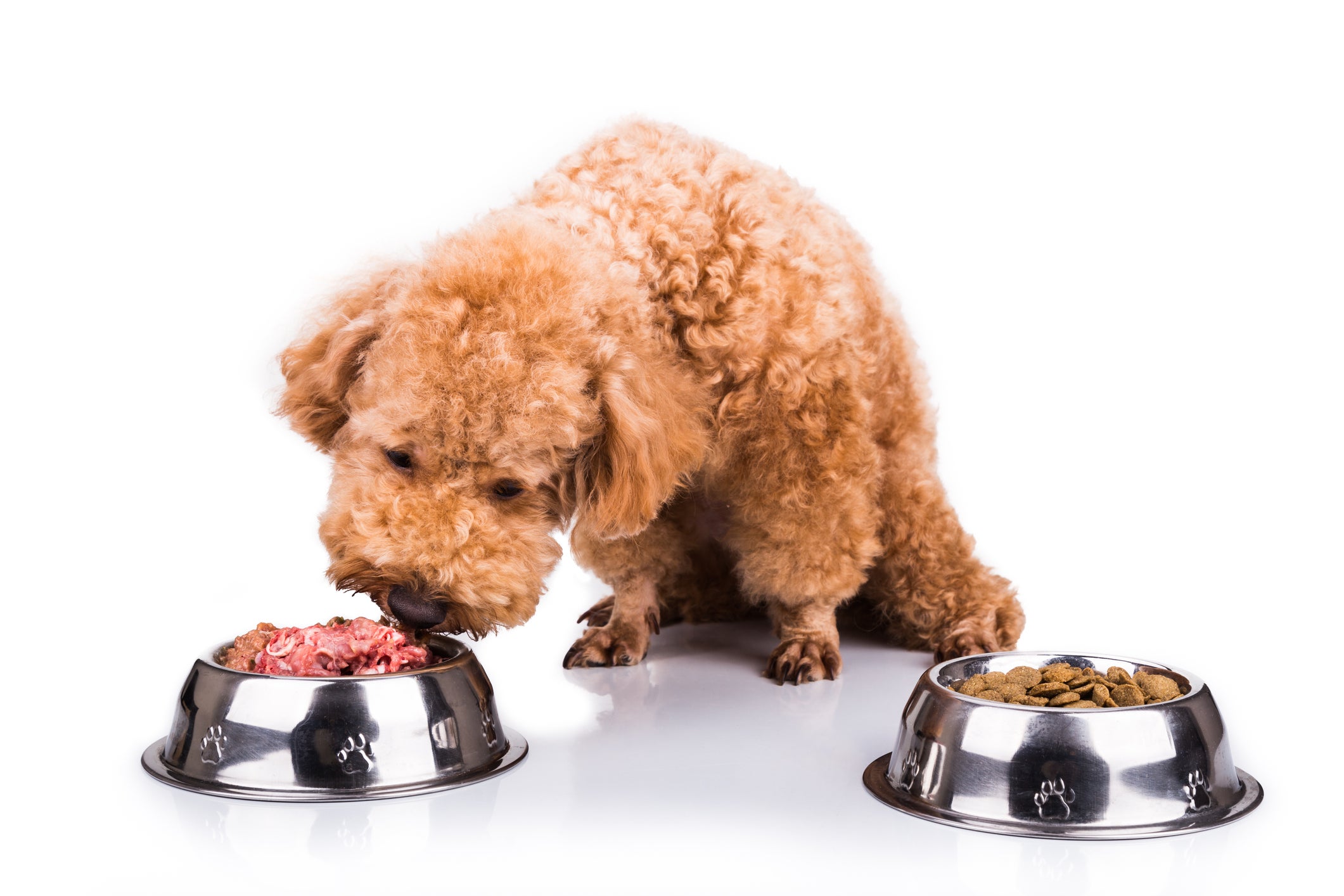What food should you feed your pets to help tackle climate change?
Cats and dogs’ culinary demands have varying impacts on the planet

Swapping the sort of food your dog eats could cut their climate impact dramatically, new research has shown.
As the population of domesticated cats and dogs grows across the world, scientists are suggesting that changing habits could lower the carbon footprints of pets.
Currently, the USA is estimated to have 76.8 million dogs and 58.4 million cats, while Brazil has 52.2 million dogs and China has 53.1 million cats. In the UK there are almost 13 million households with dogs and just over 12 million with cats. In total, 52 per cent of UK adults own a pet, according to pet charity PDSA.
While the toll taken on the environment by pets is tiny, compared to the scale of devastation wrought by non-domesticated farmed animals, all our pets still require food – mostly meat-based – but the full environmental impact of pets on the planet remains opaque.
But new research suggests that feeding dogs and cats dry food can “significantly reduce” the environmental impact domesticated animals have on the planet.
A Brazilian study has found that dry food is more environmentally friendly than a diet consisting of wet food with higher water content.
Professor Marcio Brunetto at the University of Sao Paulo and his colleagues evaluated the environmental impacts – including greenhouse gas emissions, land use, and water usage – of 618 diets for dogs and 320 diets for cats in Brazil.
The team investigated commercial wet food diets and dry food diets found on the websites of three major Brazilian pet food retailers.
These were also compared to homemade diets – either food produced by companies, or food cooked by owners at home using recipes provided by companies. They also examined the nutritional and calorific makeup of the different diets.
They said: "For all variables, wet diets for cats and dogs had the greatest environmental impact, particularly compared to dry diets."
"Homemade diets tended to have intermediary environmental impacts, although water usage in homemade cat diets was similar to dry diets."
The team estimated that a small dog (around 10kg) consuming on average 534 calories per day would be responsible for 828kg of CO2 per year when fed a dry diet compared to 6,541kg of CO2 per year for a wet diet – an almost eight-fold increase (789 per cent).
The research also revealed that dry diets provided the highest amount of energy per gram, while wet diets and homemade diets provided higher amounts of protein.
In wet diets, almost twice as much energy was provided by animal ingredients compared to dry diets (45 per cent versus 89 per cent), which the authors said “may contribute to their greater environmental impact”.
The team said their results “highlight the extensive environmental impact of pet foods, the need to make them more sustainable and an indication of how this may be achieved”.
So the results are in: wet pet food is up to eight times as burdensome for the planet as dry alternatives.
The research is published in the journal Scientific Reports.
Join our commenting forum
Join thought-provoking conversations, follow other Independent readers and see their replies
Comments


Bookmark popover
Removed from bookmarks